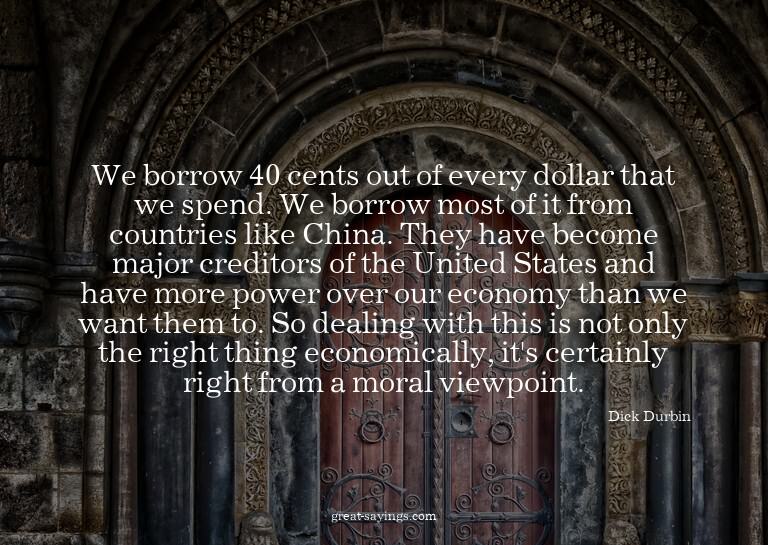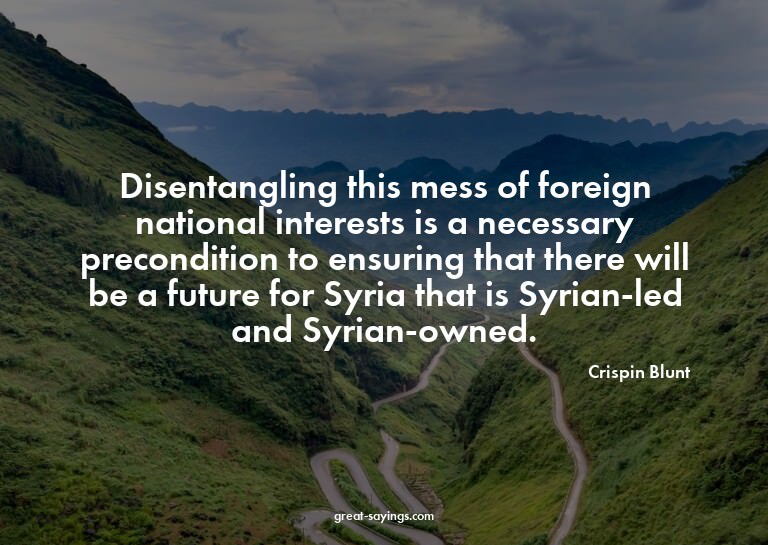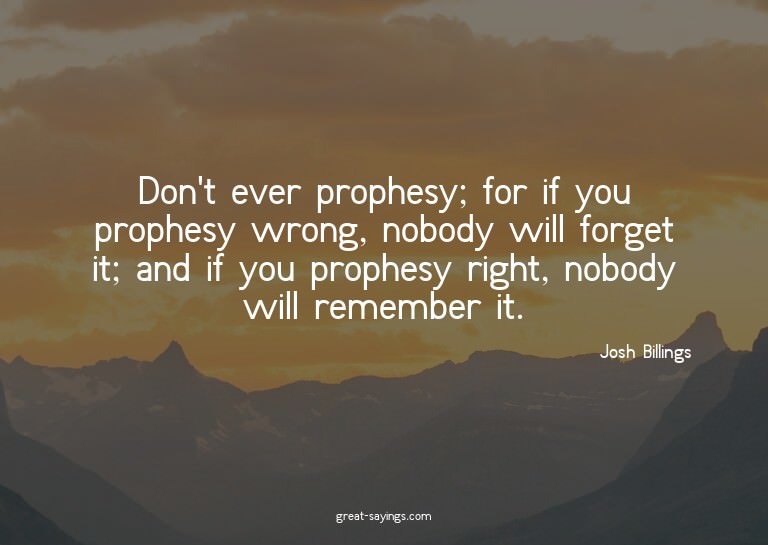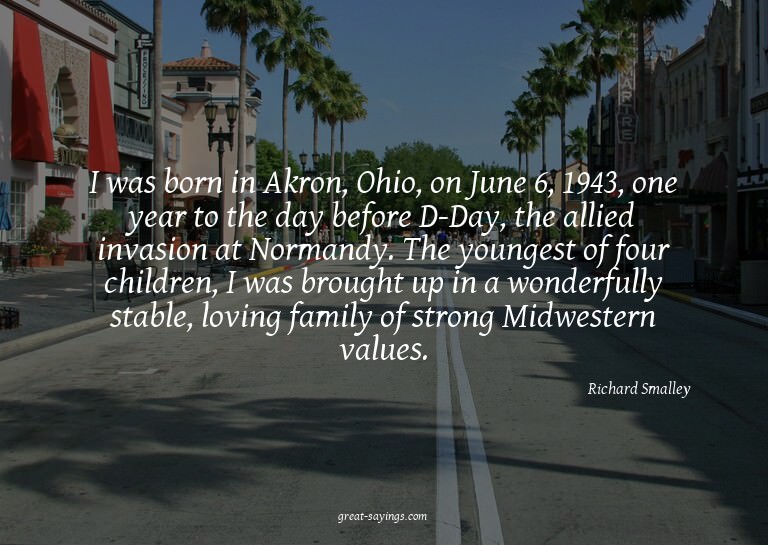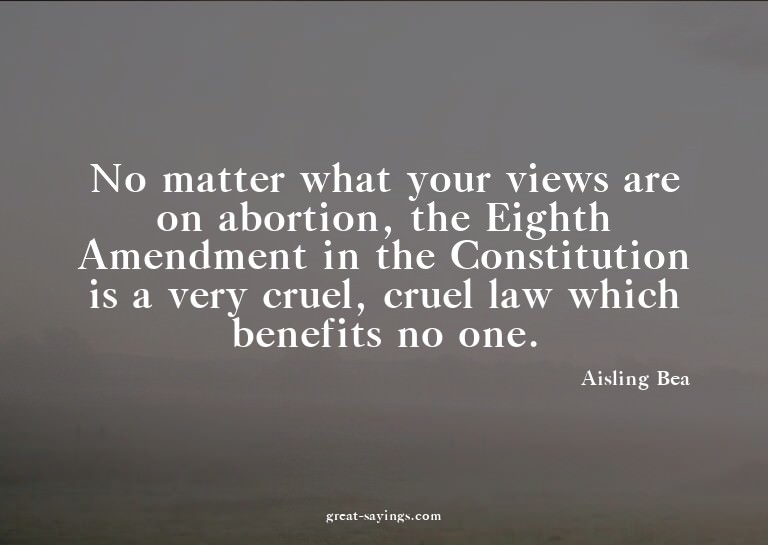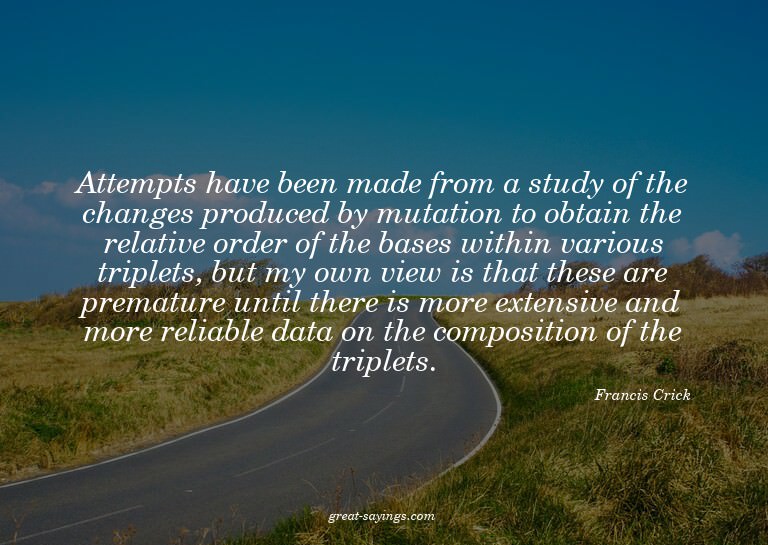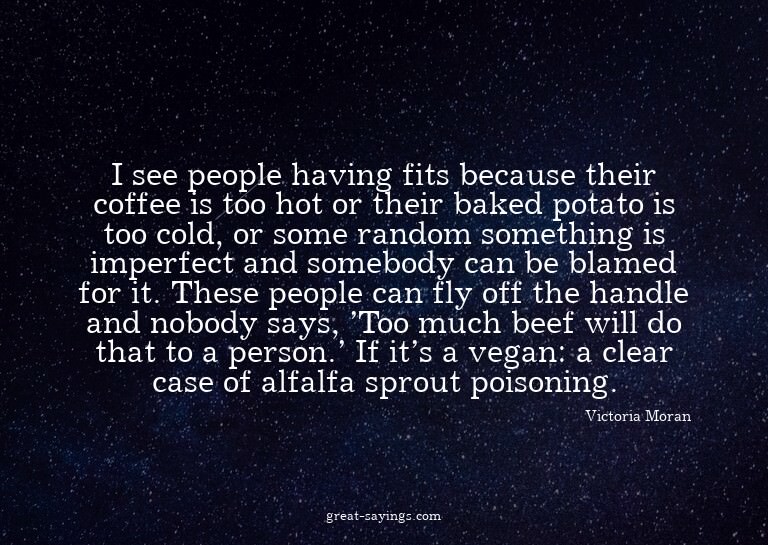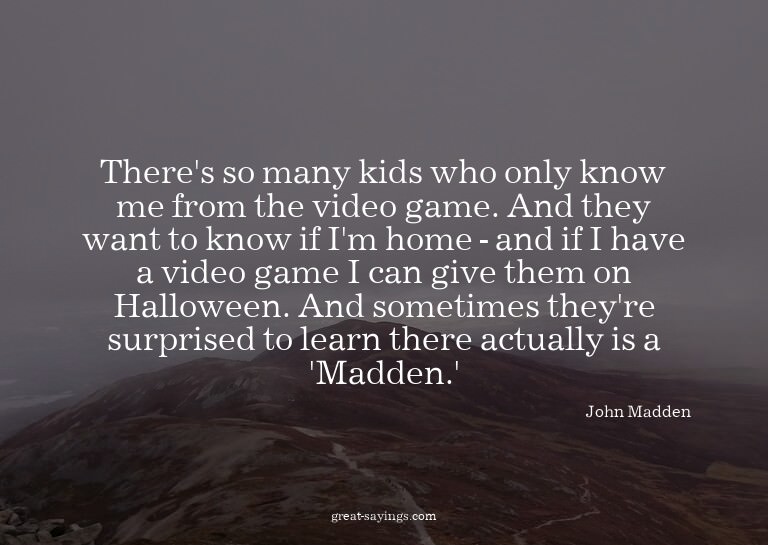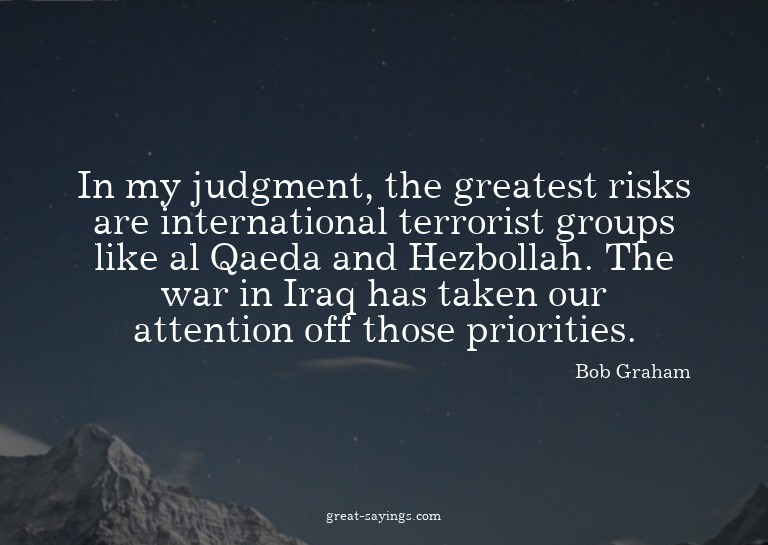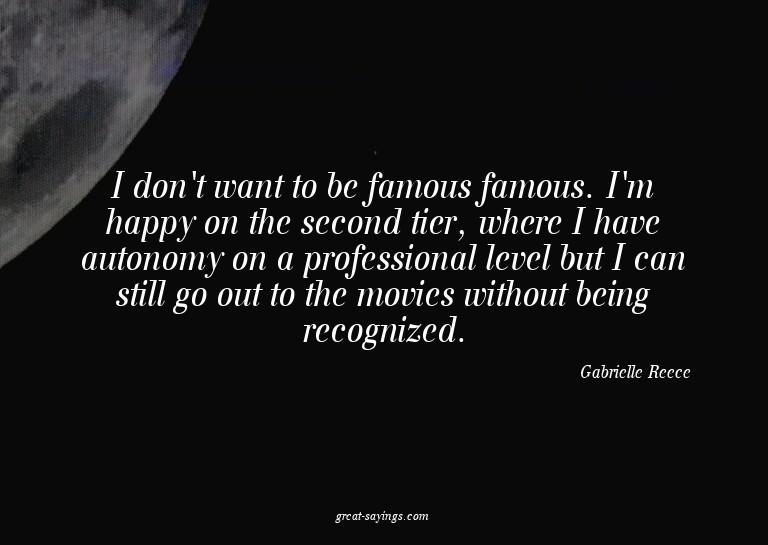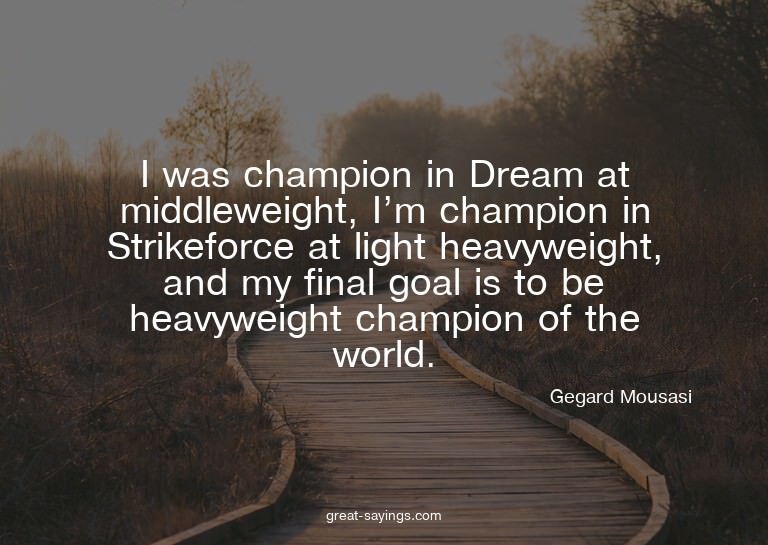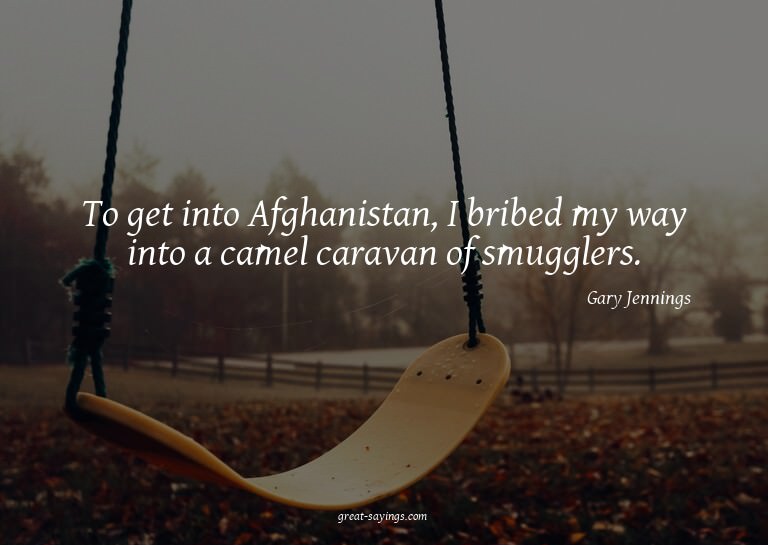Words matter. These are the best Film School Quotes from famous people such as Jonathan Levine, Olivia Wilde, Colin Trevorrow, Takashi Miike, Richard King, and they’re great for sharing with your friends.
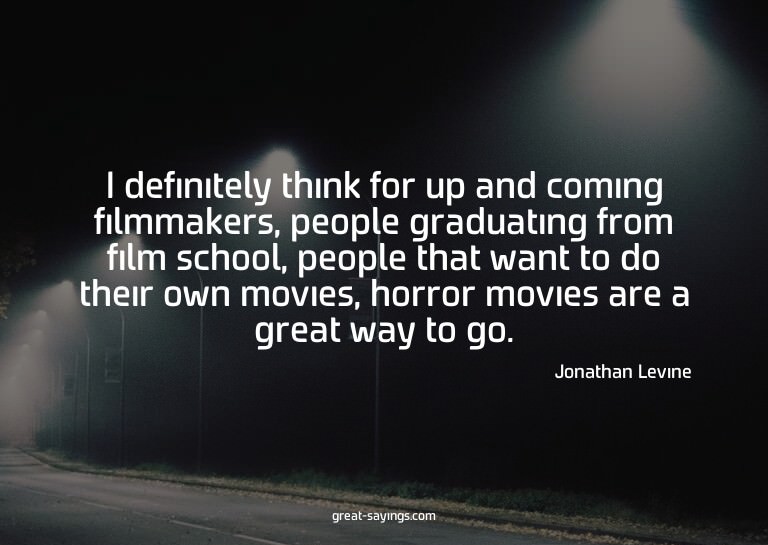
I definitely think for up and coming filmmakers, people graduating from film school, people that want to do their own movies, horror movies are a great way to go.
There are so many young women in film school right now, and it’s just about foreign sales companies, domestic sales companies agreeing to finance films directed by and starring women.
The public scrutiny element they don’t teach you in film school. So few people are ever subjected to it.
You know when I was a high school student I wasn’t a very good student. Upon graduation we were asked if we would become a full working adult or go to university. I decided to go to film school and still to this day I try to avoid being a full working adult.
I did not go to film school.
I’ve never been to film school. I had to leave this country to make a film. All they would let me do in Hollywood was be a messenger.
‘Beyond the Lights’ was my fourth film. I gained a lot of knowledge, and I’m excited to share that with young filmmakers because I know how lost I was coming out of film school with that question of ‘What’s next?’
I didn’t go to film school so my learning was done out in public and showed up on the screen.
Film school was frustrating for me at first but I met some cool people like Lucia Zucchetti – she was amazing.
Film school is a complete con, because the information is there if you want it.
We were studying at Newport Film School, and I found that the only way for me to make films – because you need people and you need equipment – was that I had to be a student.
I did go to a film school in Sarajevo. I studied film and theatre directing. There was a war raging in the country while I was studying, and we did not have neither electricity nor cinemas for three and a half years.
Maybe not many women are going to film school.
I studied in a Catholic school in Oahu, and I went to a film school in New York.
I was one of those avid moviegoers as a kid, and we didn’t have video, so we went to see everything five times. I went to see every foreign film playing in my town. As times went on, I watched a lot less films. I have a different film school now. My film school now is my life experience.
Oh my God, I love UCLA so much. Their film school is great because it’s unstructured, so there’s a freedom to fail in there and just tell your story, and everybody makes a film. It’s so important to have that freedom in film school because that’s what you’re there for: to learn and make a film.
When I switched to screenplays – ’cause I had done musicals and plays – the first assignment in film school was, you have to write a silent film. And it’s tremendously helpful to learn how to do that because dialogue can be a crutch. If you can master a silent film, you’re golden.
I ended up going to NYU for film school – close to Pennsylvania – but we talked about what if I went to UCLA or USC, and my mom’s whole world was caving in.
The real trouble with film school is that the people teaching are so far out of the industry that they don’t give the students an idea of what’s happening.
I just use all the skills that I learned in film school, and I just incorporate them into my sketches. People don’t realize that, with a story, there has to be a beginning, middle and end. There has to be a problem and a resolution. Just because it’s six seconds doesn’t mean it’s not a story.
At the time I left film school there wasn’t a lot of hope for young film-makers. It was a calling card of film school to be quite slick and commercial, which might lead to getting some stuff on telly.
I always wanted to be a feature filmmaker and tried to treat that experience as some sort of elite film school where I could learn the craft, and got paid to learn the craft.
I conveniently was not accepted to film school, which I applied to in 1987, and so I decided I would become a filmmaker instead of a student.
I had been accepted to film school, but my parents couldn’t afford it, and yet they made too much money for me to get a scholarship.
I think everything that you do, you’re learning. I mean, every movie that you make is like a film school; that’s one of the things that I enjoy about filmmaking.
I went to Princeton to major in comparative literature. I never went to film school, but I studied storytelling across mediums – poems, literature, film, and journalism.
I’d always wanted to write a novel, but after attending film school, I’d spent five years knocking on Hollywood’s door and had put that idea aside.
I can’t even remember not wanting to go to film school.
I was a political science major before I transferred into film school.
I was fortunate to write pretty much a year out of film school and start making movies in the Hollywood studio system. But with each progressive film it became more frustrating not being able to speak and say things I wanted to say.
My son is trying to be a sports writer, and my daughter is a college student. She wants to be a comedy writer, and she’s at film school. I discouraged both of them early on from getting involved in Starbucks. I didn’t think it would be fair; plus, they didn’t have any interest anyway.
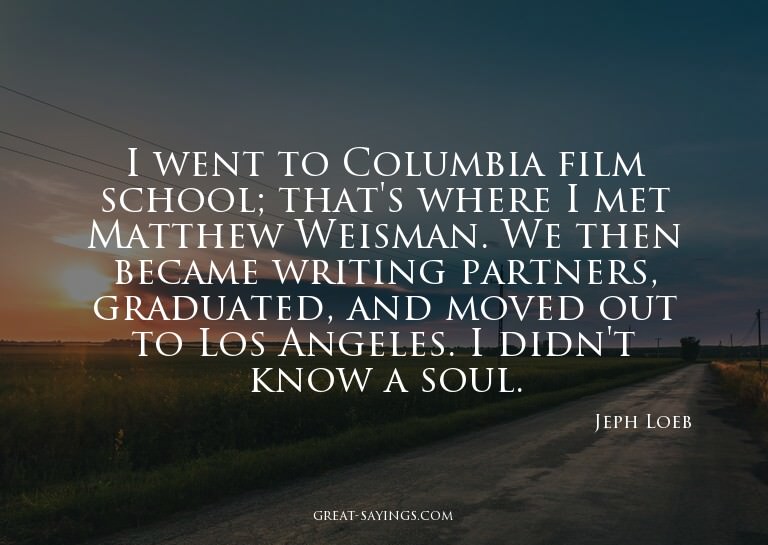
I went to Columbia film school; that’s where I met Matthew Weisman. We then became writing partners, graduated, and moved out to Los Angeles. I didn’t know a soul.
A producer friend of mine from film school had read some of my early screenplays – some experiments I had done to see how fast I could write something.
I feel like a lot of my past career was going to film school, making a lot of different kinds of movies. I made a bunch of comedies, I made one drama and I made a couple musicals.
I’m starting at USC’s film school for directing this month. I’ll try to get a semester in at a time. I’ll have to take time off for work throughout school, but it will be nice to get through a little bit.
A lot of directors straight out of film school are very technically minded, but they don’t have an understanding of actors or how to talk to them.
When I graduated from high school, I thought I wanted to make science fiction movies, so I applied to film school, but I couldn’t get in. A professor told me I should try architecture instead.
I did not go to film school.
One of the great things going on in Chicago is the educational facilities here. And the largest film school in the world is right here in Chicago: Columbia College.
I went to film school, so I certainly know how to make things quickly and cheaply. But at the same time, I have the experience of working with Steve Starkey for three years. I watched him produce some gigantic movies.
When I started this profession, I wanted to make films that entertain but that have content. When I went to film school, they made me believe that the two could not mix.
I think you get out of film school what you put into it. If you don’t care about making movies, film school will do you no good.
Looking back now, if I went to film school, it probably would have helped knowing what the best of the best of foreign films were, but that wasn’t the case. In some ways, I think that led to my originality, because I hadn’t seen anybody else.
I went to film school at Columbia and did that for a couple years, and really thought I was going to be a filmmaker, and then I kind of drifted over to the acting side after that.
I was Paul Schrader’s assistant for six months before I went to film school, and he’s very much about knowing what’s going to happen on every page before you even start writing dialogue – the entire plot and character arcs are mapped out.
I didn’t go to film school. I didn’t graduate college with an acting degree or a theater degree. I didn’t have the traditional route of training.
You can do all the film school you want in classrooms, but if you are on the set, you are going to learn so much more because you are really in the middle of doing it.
I started writing this feature comedy in New York – a Chris Farley vehicle. The script was decent. When I got to LA, I met some new friends in film school and had them read my script and give me notes.
When people ask me if I went to film school I tell them, ‘no, I went to films.’
I almost became a music major, but somehow I was so enthralled with the camera and becoming a director that I stuck with film school and theatrics.
After film school, I would write 8 hours a day on film and 8 hours a night on TV, and then sleep once and a while.
When I got on my first set, I watched what the cinematographer was doing, and at that level in film school, the cinematographer has the most control. They’re the one looking through the viewfinder, carrying the camera, framing the shots.
I started out at Procter & Gamble marketing panty liners, so basically selling women insecurity. I thought there must be more to life than this. Then I was on set for a Dr. Scholl’s commercial, and I asked one of the execs, ‘How do you get a job behind the camera?’ and he said, ‘Film school.’ So I quit and applied to NYU.
I went to Bournemouth Film School for 3 years.
I got some funky scholarships to play soccer and did well in my SATs, so I went off to college and then grad school but found that that wasn’t me. My family, relieved I seemed to have come to my senses, were happy to let me go to film school.
Pages: 1 2

